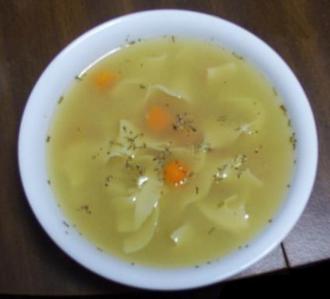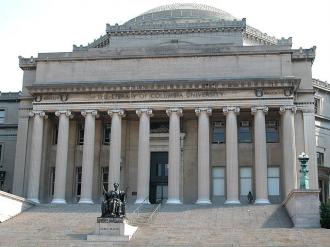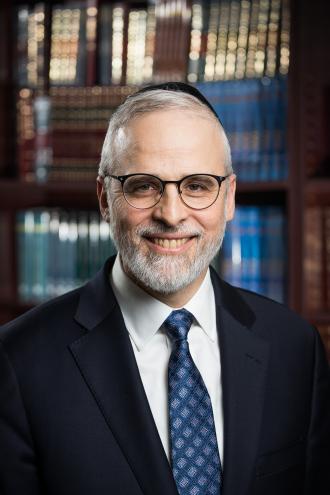In Moscow visit PM vows to block weapons to Hezbollah, and stop a 'return to days when they fired on our children from the Golan Heights.'
Prime Minister Binyamin Netanyahu held a visit with Russian President Vladimir Putin in Moscow on Thursday, where Netanyahu clarified that keeping the Golan Heights in Israeli hands is a "red line."
At the start of their meeting, Netanyahu thanked Putin for the visit, saying "I very much appreciate your warm hosting, and I very much appreciate the ongoing contact between us."
"I came here with one central goal - to strengthen the security coordination between us in order to prevent mishaps, misunderstands, unnecessary crashes," he said, referring to how the Russian military is currently operating near Israel in Syria to prop up Bashar al-Assad's regime.
Netanyahu noted that in their last meeting he presented Israel's security policy on the northern border, explaining, "Israel has clear red lines for self-defense needs."
"First, we act as best as we can in order to prevent a transfer of advanced weapons from Iran and Syria to Hezbollah in Lebanon. Secondly, we act in order to prevent the establishment of an additional terror front against us from the Golan Heights. These are red lines, and we will continue to protect them."
The Prime Minister focused in on the Golan Heights, which has been in the news this week after on Sunday he held the first Cabinet meeting there since the region was liberated in the 1967 Six Day War. His meeting sparked an international backlash of condemnation, and in it he vowed that the Golan would always remain Israeli.
"Regarding the Golan Heights, we will not return to the days when they fired on our towns and our children from the peaks of the Golan," Netanyahu told Putin on Thursday.
"Therefore, with an agreement or without an agreement, the Golan Heights will remain under Israeli sovereignty."
Netanyahu's declaration on the Golan Heights on Sunday led to condemnation from the EU, the US State Department, the Syrian regime which threatened to conquer the region militarily, and the Arab League which called to establish a special court against Israel on the matter. Netanyahu did however receive backing from Republican presidential candidate Ted Cruz.
Passover in Moscow
In his meeting with Putin, Netanyahu noted that the visit was a chance to discuss bilateral issues even as the two sides mark 25 years of bilateral ties.
He particularly made mention of the matter of pensions for Israelis who immigrated from Russia, an issue which he said he hopes will be closed soon to provide aid for those who are eligible for a pension from Russia given their years of working there.
"I also want to thank you for the wishes on the Passover holiday," said Netanyahu. "This is our holiday of freedom, and on the holiday all of the house of Israel will sit at the seder table including over a million Russian-speaking Israelis who are a living connection between our peoples."
"I also would like to wish the Jews of Russia and all the house of Israel around the world a happy Passover holiday. I want to thank you again for your friendship, which is important for the interests of both our peoples."
Netanyahu in his one-day Moscow visit was accompanied by Minister Ze'ev Elkin (Likud), the Israeli Air Force (IAF) commander, the deputy head of the National Security Council (NSC), the military secretary and the bureau chief.
The meeting follows a meeting between Putin and Qassem Soleimani, commander of Iran's Quds Force special ops unit responsible for managing terror missions worldwide, against UN sanctions - as well as the early stages of Iran receiving the S-300 anti-aircraft missile system from Russia.















